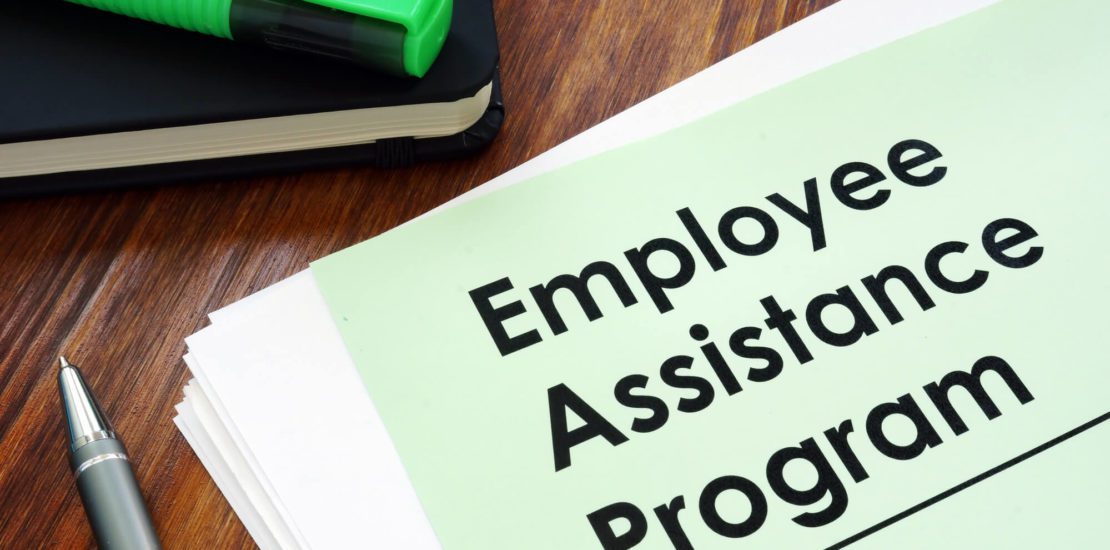- September 23, 2020
- Posted by: NorgayHR
- Category: Uncategorized

Even before the global pandemic reared its ugly head, Australian workers were struggling with mental health issues.
As a Productivity Commission mental health inquiry factsheet shows, mental ill health was already costing Australian workplaces between $13 and $17 billion per year.
Now COVID-19 has caused an unprecedented wave of lockdown and social distancing measures, with many working from home for the first time – or working week to week, unsure how long their job will last.
JobKeeper payments are being tightened in September and the Australian economy is officially in recession, for the first time in nearly 30 years.
How can employee assistance programs help?
The great thing about employee assistance programs (EAP) is the practical focus and strategic solutions they offer both employers and workers.
This has dual benefits in the contemporary workplace. Managers get the tools and support they need to help employees cope with challenging times – and employees benefit from targeted help and the knowledge that their employer really has their back.
At Norgay HR, we are getting more and more enquiries about implementing EAPs, especially from clients who have teams in Melbourne.
For this reason, we are delighted to be partnering with a respected EAP provider to help clients navigate their way through the pandemic.
With a properly customised EAP in place, businesses can help their workers deal with mental health challenges which impact on their productivity, confidence and satisfaction levels.
What is an EAP and what does it offer?
An EAP offers evidence-based strategies customised to suit the needs of the workplace and those workers who might be experiencing stress, emotional distress or mental health concerns.
Practical, targeted support is provided for each individual employee, usually combining psychological counselling with mindset coaching. The aim is to develop self-awareness, coping skills and resilience, using a range of solution-focused strategies.
Why is an EAP so important right now?
It’s never been more important to build genuine resilience into your workforce. The pandemic has created a raft of new stresses which are challenging every worker, at every level.
- More workers required to work from home, often in cramped conditions alongside partners (also home working) and children (home schooling).
- Physical workplaces transformed by the demands of social distancing, screens, barriers and uncomfortable personal protective equipment (PPE).
- Stop-start nature of some workplaces, where workers are shed then re-hired as government-imposed restrictions change.
- More businesses struggling to stay afloat, with some shut down for weeks at a time and others experiencing major drops in demand.
For many workers, their employment is more precarious than ever. Unsure of whether they will have a job next month or next year, anxiety can play havoc with peace of mind and performance.
Just take a look at the statistics . . .
According to the Productivity Commission, one in five Australians experience mental ill health each year.
The 2019 mental health inquiry factsheet shows the average time off work for a mental health-related claim is just over 16 weeks, and each claim cost $25,650 – substantially more than the typical $10,600 for other types of claims.
The State of Workplace Mental Health in Australia report also reveals that 75% of Australian employees believe their workplace should support workers experiencing depression or anxiety.
The figures clearly show that mental health support for employees is both required and desired.
This is where an EAP can really shine, offering practical solutions which are strengths-based, client-centred and diverse.
Ask us how an EAP can help your workplace prosper and grow in difficult times.





